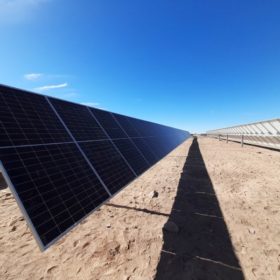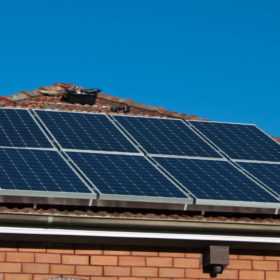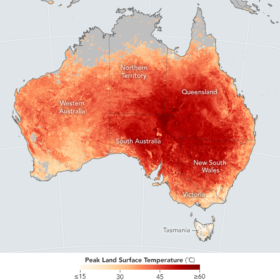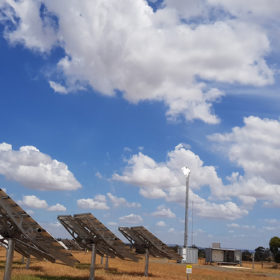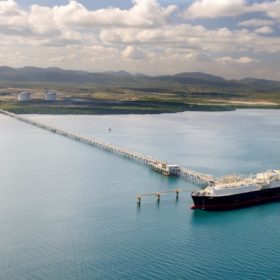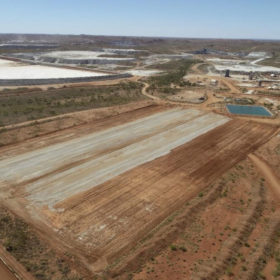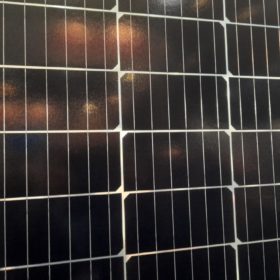Taylor prioritises low-cost solar on path to net-zero emissions
The Australian Government has set a goal of producing solar electricity for a third of today’s costs, declaring that “ultra low-cost solar” will be critical to achieving its long-term emissions reduction plan.
PV system design for low-cost hot water production
Developed by Spanish scientists, the proposed system design is said to be able to achieve water temperatures above 70 degrees Celsius and to cover around 85% of the annual sanitary hot water consumption of a household with six people.
Redback unveils solar inverters and beefs up battery range
Australian energy storage company Redback Technologies has unveiled an expanded product range, adding a series of grid-tied solar inverters and new beefed-up battery products to its existing line of modular battery energy storage systems for residential and commercial customers.
SolarEdge posts more record numbers, says good times are set to continue rolling
The inverter and battery manufacturer said it has been sitting on a record order backlog for the current three month window and the opening quarter of the new year, which may in part be down to a long Covid shutdown at its Vietnamese production base.
UNSW Exclusive: Heated climate scenarios will adversely affect Australia’s PV generation capacity
Yes, Australia is blessed with an incredible solar resource, but it will be diminished and returns localised by global warming.
Photon plans world’s largest solar+storage project in South Australia
Dutch renewables company Photon Energy has announced it will build “the world’s largest” solar-plus-storage project to date, teaming with Australian technology provider and project developer RayGen Resources to develop a facility that will deliver 300 MW of solar generation and 3.6 GWh of energy storage.
International ‘heavy-hitters’ line up for green hydrogen hub
South Australia’s plan to establish a world-leading green hydrogen industry has received a major boost with the state government confirming it has received “tens of billions” of dollars of proposed investments from both Australian and international “heavy-hitters” as it looks to transform land at Port Bonython into a multi-user export-focused precinct.
Contract Power signs on to deliver solar solution for WA miner
The Australian mining industry’s transition towards renewable-powered operations continues with Pilbara Minerals appointing Contract Power Australia to install and operate a 6 MW solar farm at its Pilgangoora Lithium Project in Western Australia’s Pilbara region.
Former AGL chief appointed to head up Transgrid
Brett Redman, the former CEO of Australian energy utility AGL has been named as the new chief executive officer at electricity network operator Transgrid.
Module price hike impacting middle-sized PV projects in South Korea
The continuous rise in solar panel prices may affect PV projects of up to 1 MW tendered by the Korea Energy Agency and the domestic solar module industry may not be able to provide the necessary production capacity to respond to the recent supply bottleneck.
